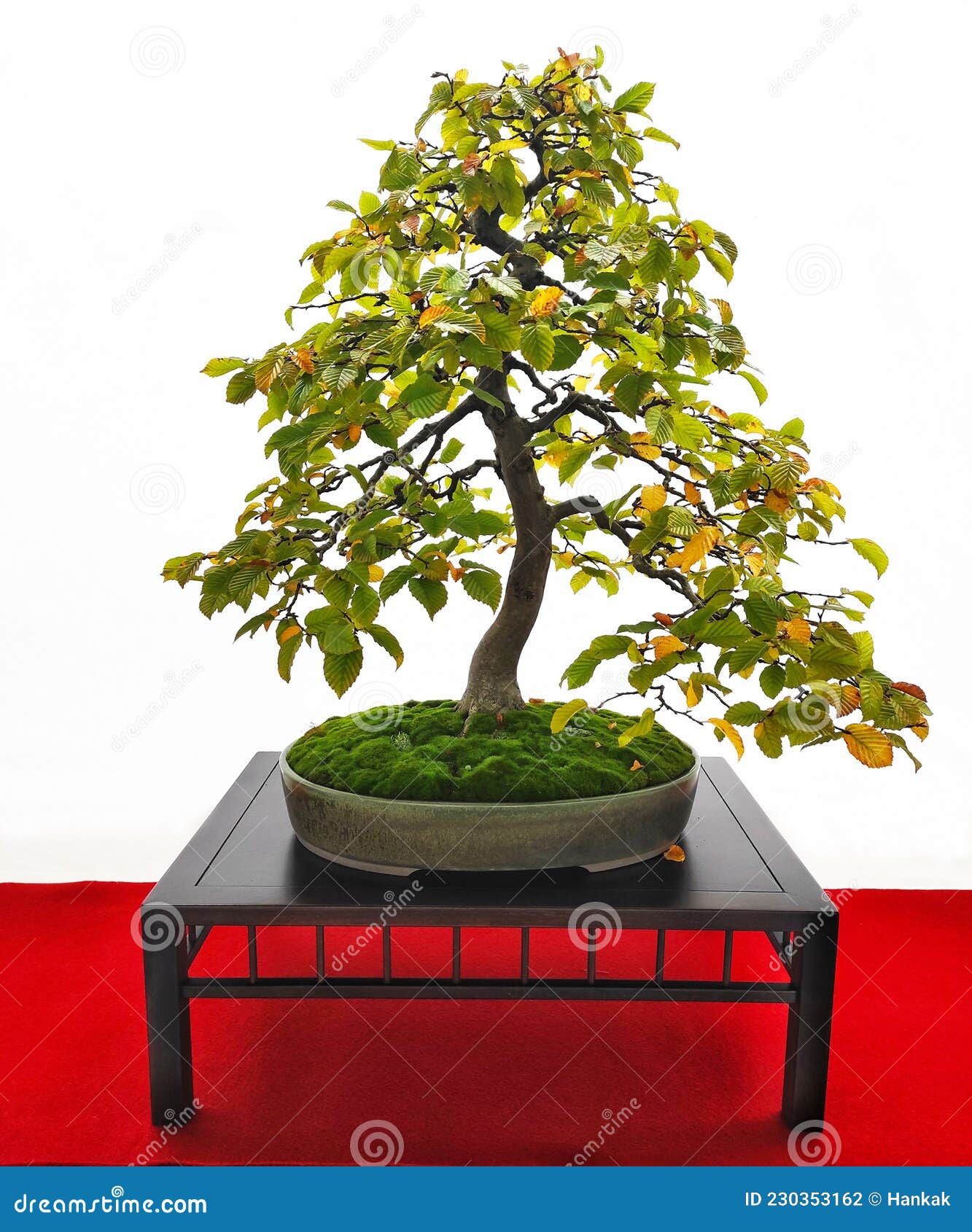The Common Quince Bonsai Tree is a beautiful and unique plant. It is perfect for bonsai enthusiasts. In this article, you will learn about its care, history, and how to grow it.
History of the Common Quince Bonsai Tree
The Common Quince tree has a rich history. It originated in the Middle East. People have grown it for thousands of years. Ancient Greeks and Romans loved this tree. They enjoyed its fruits and flowers.
Quince In Ancient Times
In ancient times, quince trees were symbols of love and fertility. People gave them as gifts during weddings. The fruits were used in many traditional dishes.
Introduction To Bonsai
Bonsai art started in China. It later spread to Japan. People began to grow miniature trees. The Common Quince became a popular choice for bonsai. Its beautiful flowers and fruits made it special.
Why Choose a Common Quince Bonsai Tree?
The Common Quince Bonsai Tree has many benefits. Here are some reasons to choose it:
- Beautiful flowers in spring
- Attractive fruits in autumn
- Easy to care for
- Great for beginners
- Can be grown indoors or outdoors

Credit: www.ebay.com
Caring for Your Common Quince Bonsai Tree
Proper care is essential for a healthy bonsai tree. Follow these tips to ensure your Common Quince Bonsai thrives.
Watering
Water your bonsai regularly. The soil should be moist but not soggy. Check the soil daily. Water when the top layer feels dry.
Light
Provide plenty of sunlight. Place your bonsai in a bright spot. It needs at least 6 hours of sunlight each day.
Temperature
The Common Quince Bonsai prefers moderate temperatures. Keep it between 60°F and 75°F. Avoid extreme heat or cold.
Fertilizing
Fertilize your bonsai tree regularly. Use a balanced fertilizer. Apply it every 4 to 6 weeks during the growing season. Reduce feeding in winter.
Pruning
Prune your bonsai tree to maintain its shape. Remove dead or damaged branches. Trim new growth to encourage branching. Prune in early spring before new growth starts.
Repotting
Repot your bonsai every 2 to 3 years. Use well-draining bonsai soil. Repot in early spring before new growth begins. This helps prevent root-bound conditions.

Credit: www.dreamstime.com
Common Quince Bonsai Tree Pests and Diseases
Keep an eye out for pests and diseases. Here are some common issues and how to address them:
| Pest/Disease | Symptoms | Solution |
|---|---|---|
| Aphids | Sticky residue, curled leaves | Spray with insecticidal soap |
| Spider Mites | Yellow spots, webbing | Increase humidity, use miticide |
| Powdery Mildew | White powder on leaves | Remove affected leaves, use fungicide |
How to Grow a Common Quince Bonsai Tree
Growing a Common Quince Bonsai Tree from scratch can be rewarding. Follow these steps to get started:
Choosing A Seed Or Cutting
You can grow a bonsai from seed or cutting. Seeds take longer to grow. Cuttings root faster. Choose healthy seeds or cuttings from a mature tree.
Planting
Plant seeds or cuttings in a small pot. Use well-draining bonsai soil. Keep the soil moist but not wet. Place the pot in a bright spot with indirect sunlight.
Transplanting
Transplant your young bonsai into a larger pot as it grows. Be gentle with the roots. Use fresh bonsai soil. Water the tree well after transplanting.
Training Your Bonsai
Training your bonsai involves shaping and pruning. Use bonsai wire to shape branches. Prune regularly to maintain the desired shape. Be patient, as bonsai shaping takes time.
Conclusion
The Common Quince Bonsai Tree is a lovely addition to any collection. Its beautiful flowers and fruits make it unique. With proper care, it will thrive for many years. Follow the tips in this guide to grow a healthy and stunning bonsai tree.
Frequently Asked Questions (FAQs)
1. How Often Should I Water My Common Quince Bonsai Tree?
Water your bonsai when the top layer of soil feels dry. Check the soil daily to ensure it stays moist but not soggy.
2. Can I Grow A Common Quince Bonsai Tree Indoors?
Yes, you can grow it indoors. Ensure it gets at least 6 hours of sunlight each day by placing it near a bright window.
3. When Should I Repot My Bonsai Tree?
Repot your bonsai every 2 to 3 years. Do this in early spring before new growth begins to prevent root-bound conditions.
4. What Kind Of Fertilizer Should I Use?
Use a balanced fertilizer for your bonsai. Apply it every 4 to 6 weeks during the growing season and reduce feeding in winter.
5. How Do I Prevent Pests On My Common Quince Bonsai Tree?
Regularly inspect your bonsai for pests. Use insecticidal soap or miticides as needed. Maintain proper care to keep your tree healthy and pest-free.

